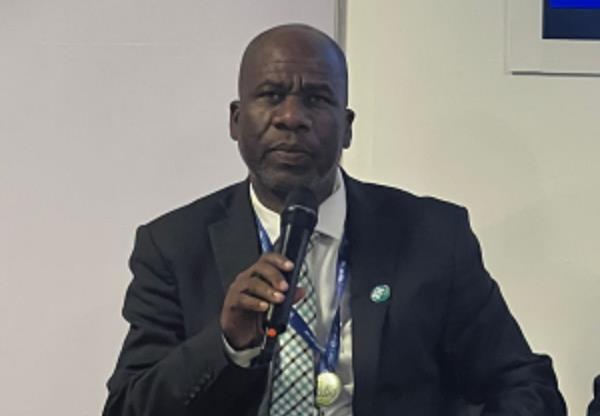Ahead of the 62nd meeting of the Intergovernmental Panel on Climate Change (IPCC) holding in Hangzhou, China, from February 24 to 28, 2025, the Chair of the Least Developed Countries (LDC) Group representing 45 countries and 1.1 billion people, Evans Njewa, has described science from the IPCC as “fundamental”.

According to Njewa, in a context where carbon emissions continue to rise, temperatures are increasing, and climate impacts are escalating globally, the IPCC’s reports are fundamental inputs to climate action around the world.
Ahead of the Hangzhou session, he emphasised the call in the first Global Stocktake for the IPCC to provide relevant and timely information in time for the second Global Stocktake, which has a deadline for inputs in 2028.
“For Least Developed Countries, there will be critical information in these reports for our priorities such as adaptation, finance, as well as broader mitigation action. All three Working Group reports will be needed by the 2028 Global Stocktake deadline. The IPCC Bureau has said this is a feasible timeline. We also believe that this is workable from our side,” Njewa submitted in a statement made available to EnviroNews on Friday, February 21, 2025
He added: “We expect all country members will enable the world’s scientists to provide timely input into the multilateral climate process, in line with their invitation in the UAE Consensus. Any backtracking on this process issue will be seen for what it is, politicisation of science at the expense of vulnerable countries. People in the developing world have nothing to gain from restricting access to freely available IPCC science.
“We also commend the Bureau on its emphasis on inclusivity. We would encourage the Bureau to strengthen facilitation measures, as well as capacity building initiatives, to further include LDC scientists into the process.”
